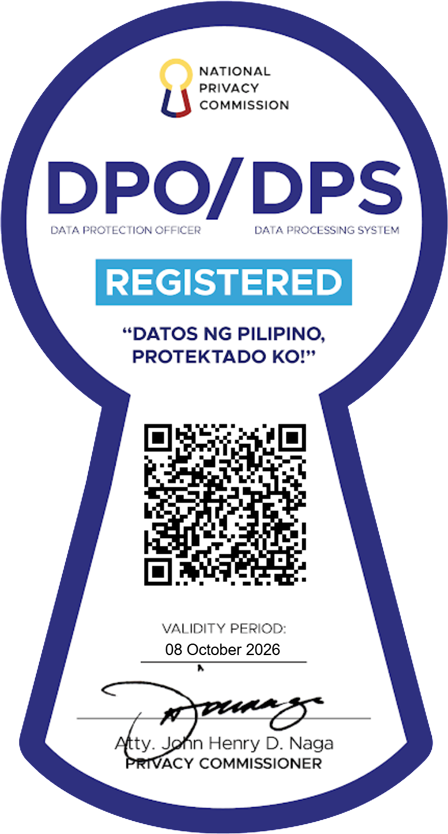Understanding your body’s natural menstrual cycle can make family planning feel more informed and intentional. Ovulation tests are useful tools that help identify your most fertile days, whether your goal is to conceive or to avoid pregnancy. By recognizing when ovulation is likely to happen, you can make choices that align with your personal needs and reproductive goals. In this guide, we’ll walk through the best time to use ovulation tests and how to ensure you get the most accurate results.
Key Takeaways
-
Ovulation tests help identify your most fertile days.
-
The best time to start testing is around the middle of your menstrual cycle.
-
Testing every day during your fertile window increases accuracy.
-
Understanding your cycle supports informed and empowered reproductive decisions.
Understanding Ovulation and Why It Matters
Ovulation is the phase in the menstrual cycle when an egg is released from the ovary. This is when pregnancy is most likely to occur. For individuals or couples planning to conceive—or those practicing natural birth spacing—understanding ovulation timing plays a key role in making informed reproductive choices.
How Ovulation Tests Work
Ovulation tests measure the level of luteinizing hormone (LH) in urine. LH surges right before ovulation, signaling that the body is preparing to release an egg.
When the test detects this surge, it indicates that the fertile window is open, usually within the next 24 to 36 hours.
There are two common types of ovulation tests:
-
Test strips: Affordable and widely available
-
Digital tests: More user-friendly and easier to interpret
A reliable option in the Philippines is the TRUST Bloom Ovulation Test Kit, designed to help accurately identify your fertile window so you can plan with confidence. It is simple to use, provides quick results, and is accessible in pharmacies and online.
When to Use Ovulation Tests
If you have a regular cycle, begin testing: 10–16 days before your next expected period
Example:
For a 28-day cycle → start testing around Day 12.
If you have irregular cycles, you may:
-
Track your cycle for several months to see patterns
-
Start testing earlier and continue daily until an LH surge appears
-
Observe changes in cervical mucus as supportive cues
Consistency matters — test around the same time each day for best accuracy.
Benefits of Using Ovulation Tests for Family Planning
-
Identifies fertile days more precisely than calendar tracking alone
-
Supports planned conception and natural family planning choices
-
Encourages awareness of your reproductive cycle
-
May reduce stress and uncertainty while trying to conceive
Understanding your fertility window can lead to more intentional and confident decision-making.
Challenges and Common Misconceptions
Ovulation tests do not guarantee pregnancy. They simply show when conception is most likely. Factors such as overall reproductive health, stress levels, sleep, nutrition, and medical conditions also influence fertility.
In the Philippines, sexual and reproductive health education continues to face cultural barriers. Many individuals have limited information about fertility, making accessible tools like ovulation test kits especially valuable.
Conclusion
Ovulation tests are practical tools that support informed family planning by helping identify fertile days more accurately. By learning when to use them and how to interpret results, individuals and couples gain confidence in navigating their reproductive goals.
Products like the TRUST Bloom Ovulation Test Kit make this process accessible and manageable, empowering you to understand your cycle and make choices that align with your health, life plans, and personal values.
Knowledge is power — and reproductive health is something everyone deserves to understand.








